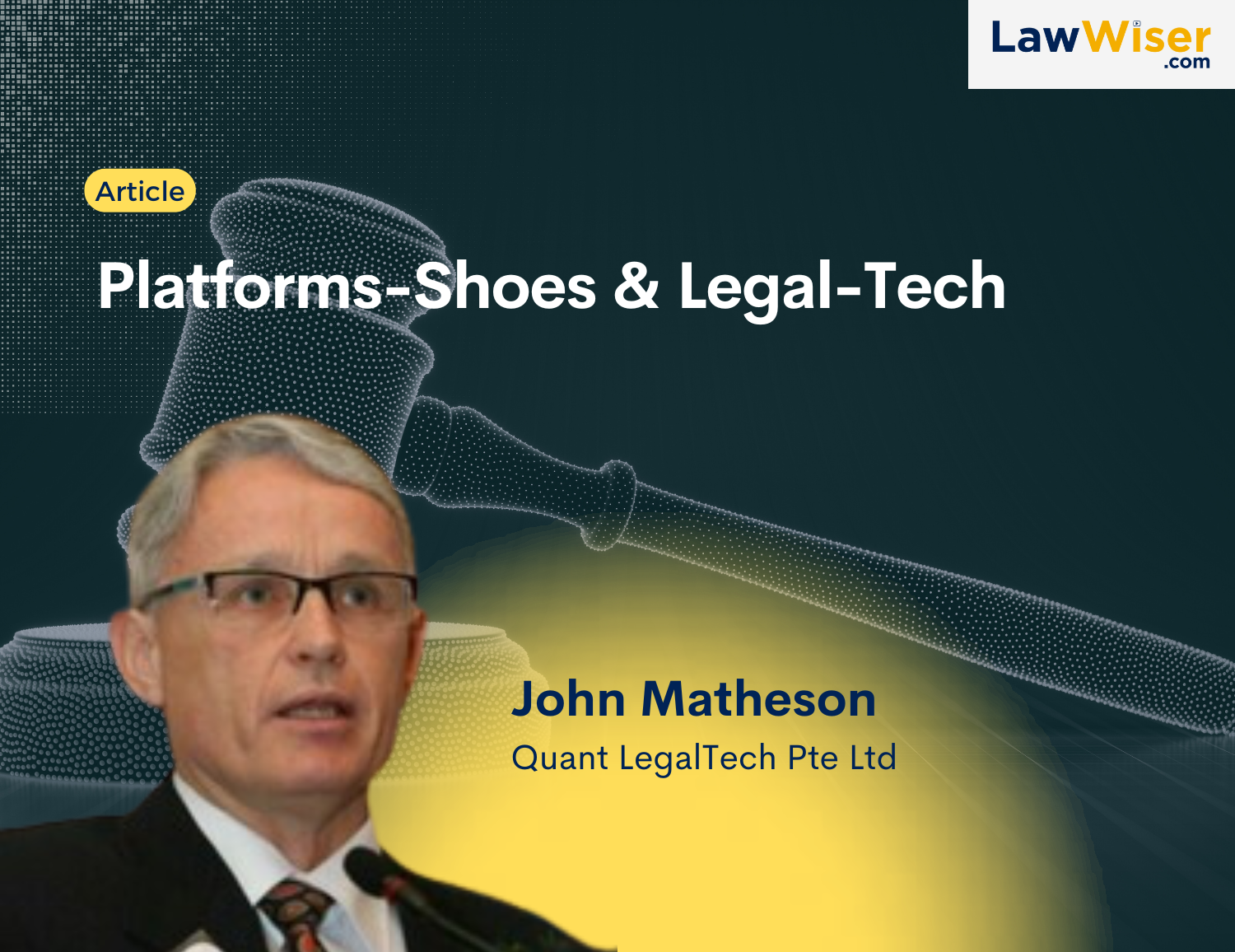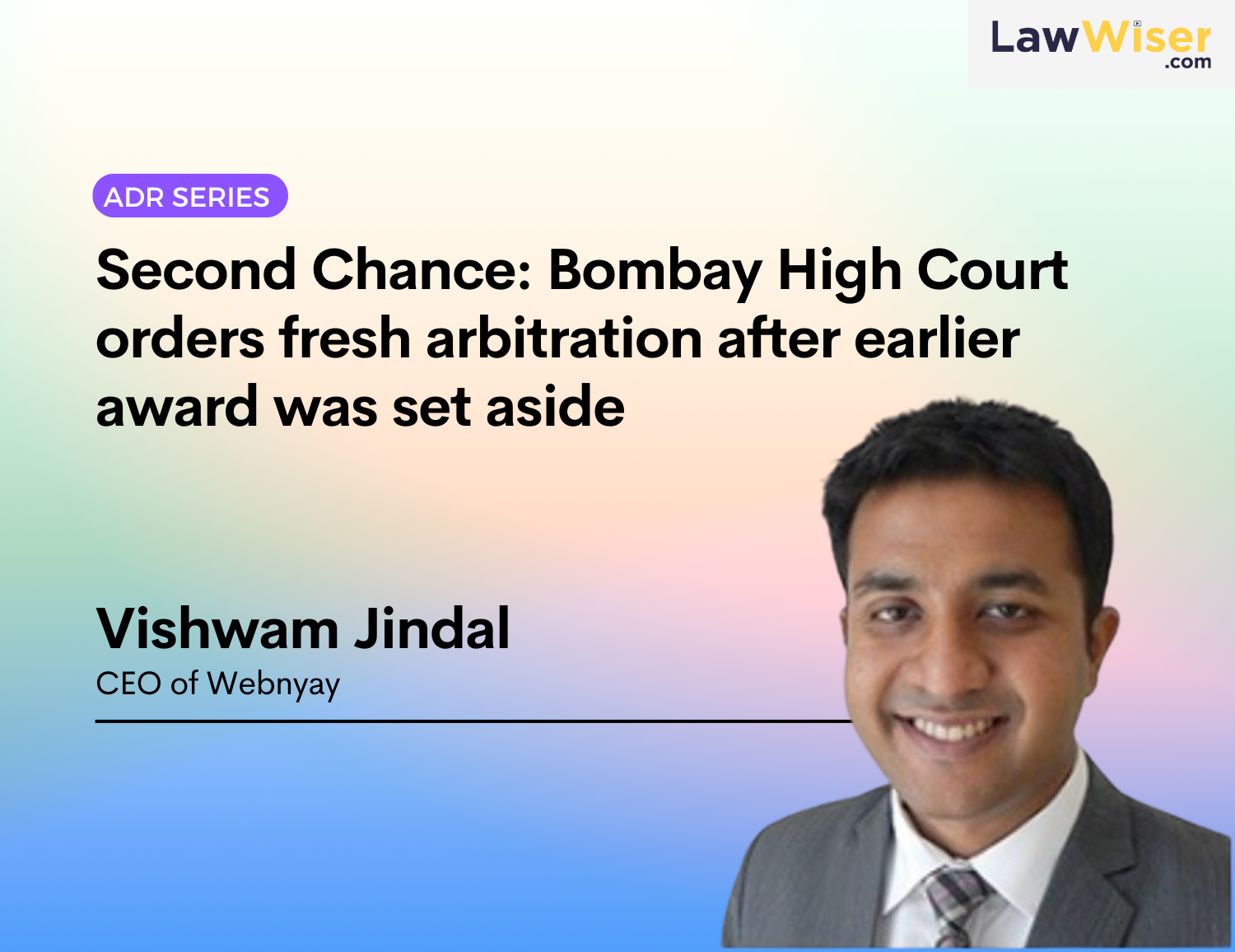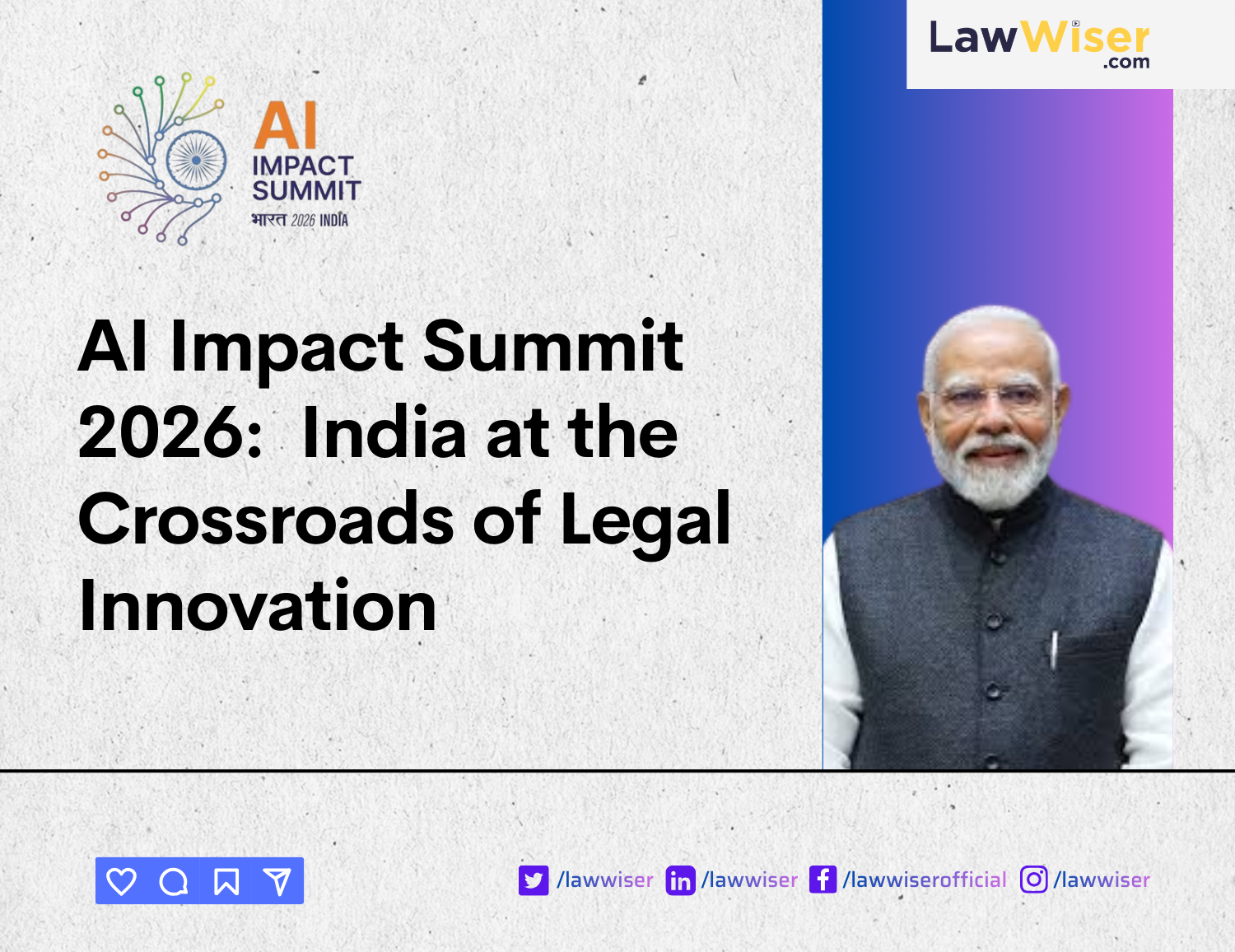This is the third in a trilogy of Blogs; the first explaining how AI will become another technology available to all of us (hence the headline- AI; the Great Democratizer) and the second, the “Platformization” of legal everything. In this third piece I tie these strands together to address a more pressing question of; How Platforms will Transform the Business of Law, and an equally important sub-plot of what Law Firms need to do to win in this new paradigm. But first a little story…

When I arrived in Asia several decades ago, I was invited to a wedding held in a rural area in one of our neighboring ASEAN countries. As a newcomer to the region, I felt privileged to experience a special ceremony in a rustic but slowly modernizing society. The groom, who had invited me to the event, had decided to buy his wife’s family a refrigerator, which at that time was not standard issue. Long story short, when the fridge was opened the following morning, we were surprised to find that the proud new owners had identified a more pressing function namely, that of housing the family’s shoe collection.
I share this story, not as a critique of the culture I was experiencing, but to highlight that many leaps in technology are met with a wave of resistance, where early adopters pave the way for those who follow. These observations lead me to a very important question…
Why Aren’t Law Firms More Aggressively Deploying Legal-Tech?
Followers of this area will have seen headlines announcing the bold moves that leading firms are making to bring innovation to the practice of law. These include some impressive initiatives but they are largely confined to a small sub-set of practices. For the vast majority of firms, they focus on making incremental purchases of legal-tech components, and often, on an individual department basis. The result in many cases, is a fragmented assembly of productivity tools that either don’t speak to each other or offer no client-facing value. The observation here is that in many cases, well-intentioned technology-plays become so fundamentally underutilized that, they are as useful as a refrigerator full of shoes…
And that’s where our discussion returns to the unifying power of platforms.
Platforms R Us
A platform may be defined as a common interface and central repository for communication and exchange of information. An essential part of this structure is that the controller of the platform can integrate any number of client sub-groups and advisors so that the value of the platform multiplies. Here, I borrow the concept of “network effect” which essentially means that the usefulness rises in a non-linear (hopefully, exponential) fashion as a function of the addition of, client groups, data sources, advisors, business models etc.
For Law Firms to get real value from platforms requires a modest IT budget and, more importantly, a mind-set change where the value is to be extracted by the firm as a whole and not just one department looking for a component for a transaction (eg; a virtual data room). My observation from 2 decades working in-house, is that clients don’t see Law Firms as “departments”, but rather, a single organization that solves legal problems and provides pro-active counselling. In this context (and also, having been a partner in a law firm), firms generally lack a culture of cross-selling of services because fee-earners are paid for doing their own work not marketing the firm and, even when they do, the cross-selling often consists of perfunctory references; oh, and we have a very good litigation department too…
Platforms have the capacity to solve this problem and can be structured to showcase the suite of services offered by the firm. Take for example a finance group in a law firm that advises on securities issues. Unless its directly within scope, the group, will not be thinking about safeguarding the trademarks in a sub-licence or how privacy provisions could be enhanced, but if the firm engages via a platform, the various functional barriers can be removed and business opportunities pro-actively identified.
Take for example, a compliance platform that defines a relevant dataset of legal tasks, serves up reminders, captures proofs and provides a dashboard showing “status”. Compliance is a professional function but in substance, it covers multiple disciplines making it an ideal candidate for proactive lawyering. This is particularly relevant where a compliance task has an internal workflow that involves multiple lines of defence, working together to contribute to an output. Law Firms are not usually privy to these internal processes because it’s not perceived to be cost-effective. But… what if the Law Firm had visibility into the workflow and the ability to post explainers?
Show Me the Money?
If firms take a holistic view of their role and could obtain full transparency into their clients’ compliance datasets, it provides a huge opportunity and there is no reason why it couldn’t be offered on a low-cost retainer basis. This, I would argue, is a good example of where technology can enable new and exciting business models. Let’s see what this looks like;
- The platform is a comprehensive compliance solution that touches everyone in the client company, from Company Secretary, Finance, Legal, Sales, Procurement and everyone in between.
- 90% of these tasks may be regarded as “routine” and typically need not involve external counsel, although any one such activity could escalate at any time.
- The platform enables the law firm to position advisory materials, blogs, opinion pieces etc., in juxtaposition with relevant tasks. This strategy provides game-changing targeting – in that the lawyer who has written a blog on the privacy implications of “x” has positioned the blog so that the client who owns “x” will inevitably see it. (Firms are already producing the work-product – it’s just that most of it gets buried or lost in a news-cycle!).
- Whether it results in the client giving instructions is not the point, the positioning of the blog has achieved two important objectives;
- It establishes relevance and reminds the client that there is a content expert available in this area if an issue arises.
- It opens up the opportunity for the firm to provide proactive input as they are viewers on the platform and can see what compliance tasks are upcoming and who in the company owns each task.
- This level of pro-activity is virtually unknown in the firm/client relationship as the individual advisor and client may not even know each other but have become connected simply by using and having access to a platform.
- “Stickiness”, as the marketing people tell us, is the force at a molecular level that keeps the client engaged and ready to come back, and from the client perspective- is the expectation that the firm is always looking out for their interests.
Prediction
- Technology will be a great enabler of new business models for those firms who are willing to invest and learn.
- Winning technologies will enable a cadence of meaningful client contact and rebuild the stickiness that’s become a victim of the billable hour.
- Tech will automate routine tasks and reduce cost-to-client. This will enable firms to offer services that were previously not economic (routine compliance, corporate secretarial, form-filling and filing etc.)
- Eventually, we will all agree that storing shoes in the refrigerator is a dumb idea… Legal-Tech gets better and Law Firms get smarter. Platforms build relationships and generate business. Look up- we are almost there!
[This note; it’s errors and grammatical inconsistencies was generated by a real person. The artwork was generated by AI.]
This article is authored by John Matheson, Co-Founder, Quant LegalTech Pte Ltd. The article may not necessarily deal with every aspect of the topic. It is not created to provide legal or other advice. The views expressed are of the expert(s) in the article and do not necessarily reflect LawWiser’s or their employees’ opinion.



 July 25, 2024
July 25, 2024








 February 13, 2026
February 13, 2026 0 COMMENTS
0 COMMENTS


